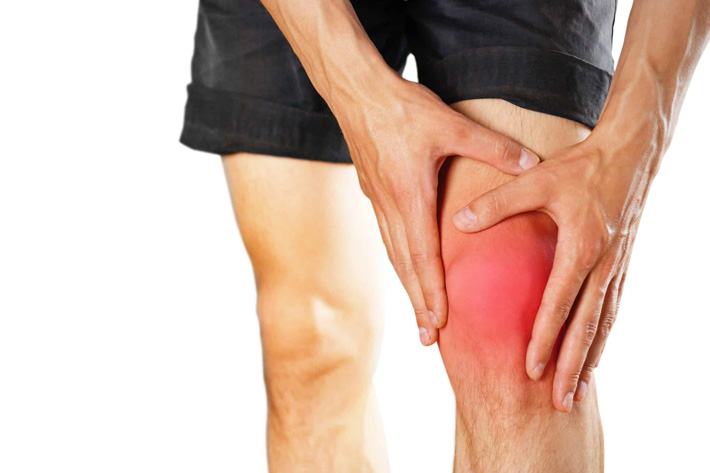A meniscal tear is a common knee injury that affects the meniscus, which is a rubbery, C-shaped disc
that cushions the knee joint. It can occur due to sudden twisting or rotation of the knee, or as a
result of degenerative changes over time. Meniscaltears can cause pain, swelling, and limited range of motion in the affected knee.
Treatment options for meniscal tears vary depending on the severity, location, and type of tear, as well as the patient’s age, activity level, and overall health. Here are some common treatment options:
- Conservative treatment: For small, stable tears, conservative treatment may be sufficient. This approach includes rest, ice, compression, and elevation (RICE), along with nonsteroidal anti-inflammatory drugs (NSAIDs) to re duce pain and swelling. Physical therapy exercises to strengthen the muscles around the knee and improve stability may also be recommended.
- Arthroscopic surgery: When conservative treatment is not effective or for larger or more complex tears, arthrosc opic surgery may be required. This minimally invasive procedure involves using a small camera and surgical instruments to repair or remove the damaged part of the meniscus. The surgeon may perform a meniscectomy (partial removal) or a meniscal repair, depe nding on the tear’s characteristics and location.
- Rehabilitation: Following surgery, a rehabilitation program is crucial for recovery. Physical therapy will help restore strength, flexibility, and range of motion in the knee. The therapist will guide t he patient through exercises and activities to gradually return to normal activities and sports.
- Injections: In some cases, corticosteroid injections may be used to reduce inflammation and relieve pain temporarily. Additionally, platelet-rich plasma (PRP) injections or hyaluronic acid injections may be considered to promote healing and improve symptoms. These injection therapies are still being studied, and their effectiveness may vary.
It’s important to note that treatment options can vary depending on the specific details of the injury and the recommendations of a healthcare professional. If you suspect a meniscal tear or have knee
pain and discomfort, it’s best to consult with a health
care provider, such as an orthopedic specialist, who can evaluate your condition and provide appropriate guidance.





